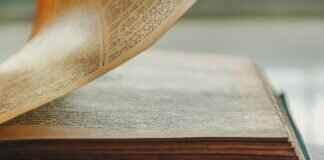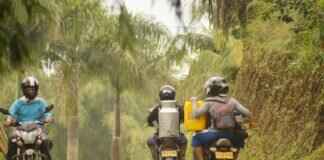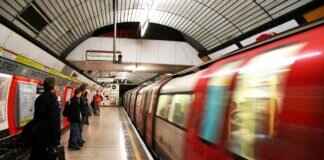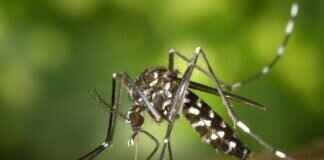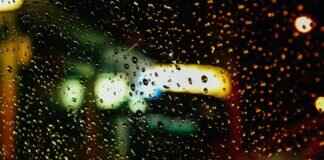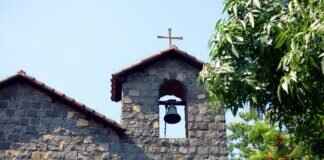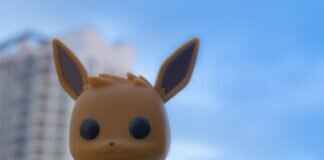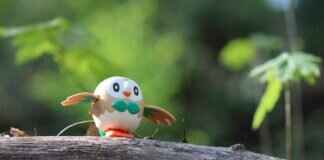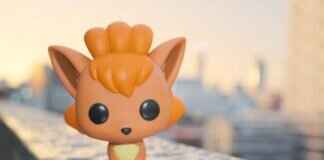The US Market Plunges: Trump Imposes Tariffs Again
The US stock market took a significant hit for the second consecutive day as President Trump announced sweeping tariffs on various imported goods. The market’s response was immediate and severe, with investors expressing concerns about the potential impact of these tariffs on the economy. The uncertainty surrounding the trade war has sent shockwaves through the financial sector, causing widespread panic and a sharp decline in stock prices.
Expert Insights on Tariffs and Trade Wars
Leading economists and financial analysts have been closely monitoring the situation, offering their expert opinions on the potential consequences of Trump’s tariff plan. Many have warned that the escalating trade war could lead to a recession, with some predicting a 60% chance of economic downturn if the conflict continues. The uncertainty created by these tariffs has left investors scrambling to protect their assets and navigate the volatile market conditions.
In response to the tariff announcement, CEOs from various industries have voiced their concerns about the impact on their businesses. Many are worried about the higher prices that could result from the tariffs, which could ultimately be passed on to consumers. The goal of tariffs, according to the Trump administration, is to protect American jobs and reduce the trade deficit. However, critics argue that these measures could have unintended consequences, such as higher prices and reduced international trade.
The Human Cost of Tariffs
While the debate over tariffs continues to rage on in political and financial circles, the real-world implications of these policies are already being felt by everyday Americans. Families across the country are facing the prospect of higher prices on everyday goods, as companies pass on the cost of tariffs to consumers. From electronics to clothing to food, the impact of these tariffs is far-reaching and could have a significant effect on household budgets.
As someone who enjoys shopping for the best deals and saving money whenever possible, the news of increased prices due to tariffs is certainly concerning. The idea of paying more for everyday items that I rely on is not a pleasant thought, and it’s a reality that many Americans may soon have to face. As the trade war continues to escalate, it’s essential to stay informed and be prepared for potential changes in the cost of goods and services.
In conclusion, the recent drop in the US stock market following Trump’s tariff announcement highlights the far-reaching impact of trade policies on the economy. As experts and analysts continue to dissect the implications of these tariffs, it’s clear that the effects will be felt by individuals and businesses alike. The uncertainty surrounding the trade war underscores the importance of staying informed and being proactive in managing personal finances during these turbulent times.





